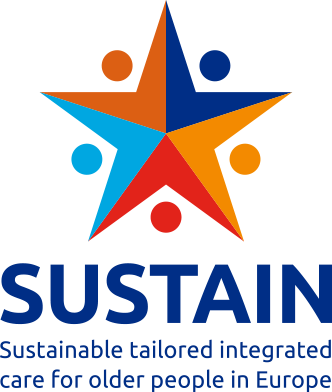The SUSTAIN Consortium held its second project meeting between 11th and 13th November 2015 at the Agency for Health Quality and Assessment of Catalonia (AQuAS) in Barcelona, Spain.
A Fruitful Meeting in Sunny Barcelona
During the three days, the partners had the chance to fruitfully discuss the current state of play for the project, exchanging ideas and defining guidelines on how to proceed with the different Work Packages actions.
The first day of the Consortium kicked off with an introduction by RIVM about the early achievements of the SUSTAIN team. This was followed by a presentation made by all partners about their experiences and preliminary findings on the fourteen involved research sites, focusing both on their strengths and on their main possibilities for improvement. The presentations were followed by discussions on core aspects of the project, such as the design of the framework for analysis and data collecting interviews, together with the outline for the first EU report and stakeholder workshop.
The second day opened with a discussion on baseline assessment methods, data collection, case studies and on the importance of the Evidence Integration Triangle, that will be used in SUSTAIN to reduce the gap between evidence and practice while keeping in mind the different sites’ situations. Following this the partners had the opportunity to talk about several aspects related to how to efficaciously disseminate the project, as the logo, the website and the overall dissemination strategy. The last section of the second day was dedicated to two presentations, one by the Catalonian Health Department, titled ‘The journey from a Chronic Care Program to an Integrated Health and Social Care model in Catalonia’, and one by a representative from the integrated care site ‘Sabadell’, Spain.
The third and last day of the Consortium initially focused on the development of the SUSTAIN Roadmap (WP6), which, based on key evidence and lessons learned from the sites, will provide tools for policy/decision makers and end users. This was followed by a presentation by EHMA, project’s dissemination leader (WP7), updating the partners on the development of the project’s dissemination strategy and proposing the idea to use communities of interest as opportunities for a deeper bilateral learning, to and from sites, communities and stakeholders.
The next consortium meeting will be held in Tallinn, Estonia, from April 20th to April 22nd 2016.

